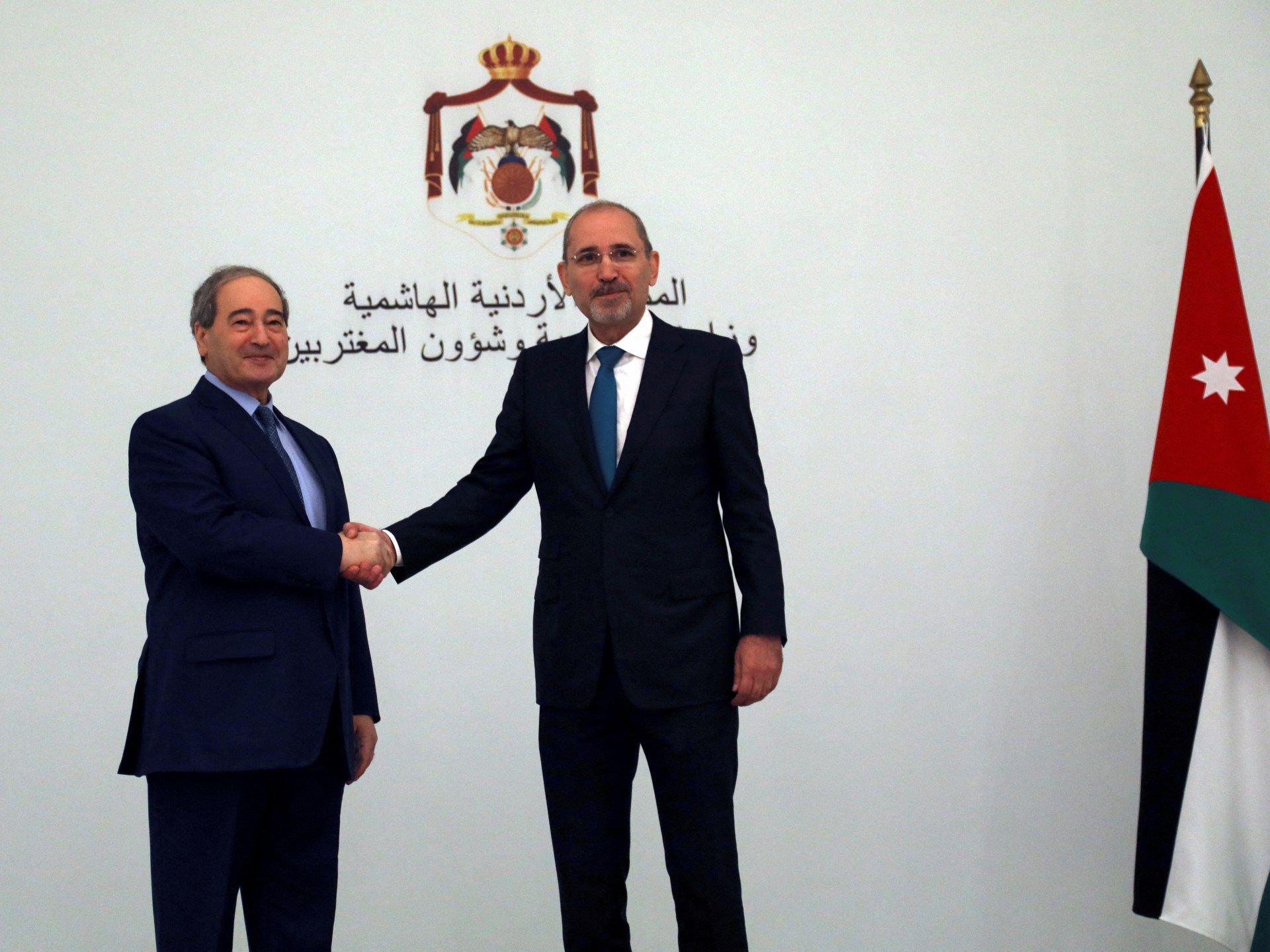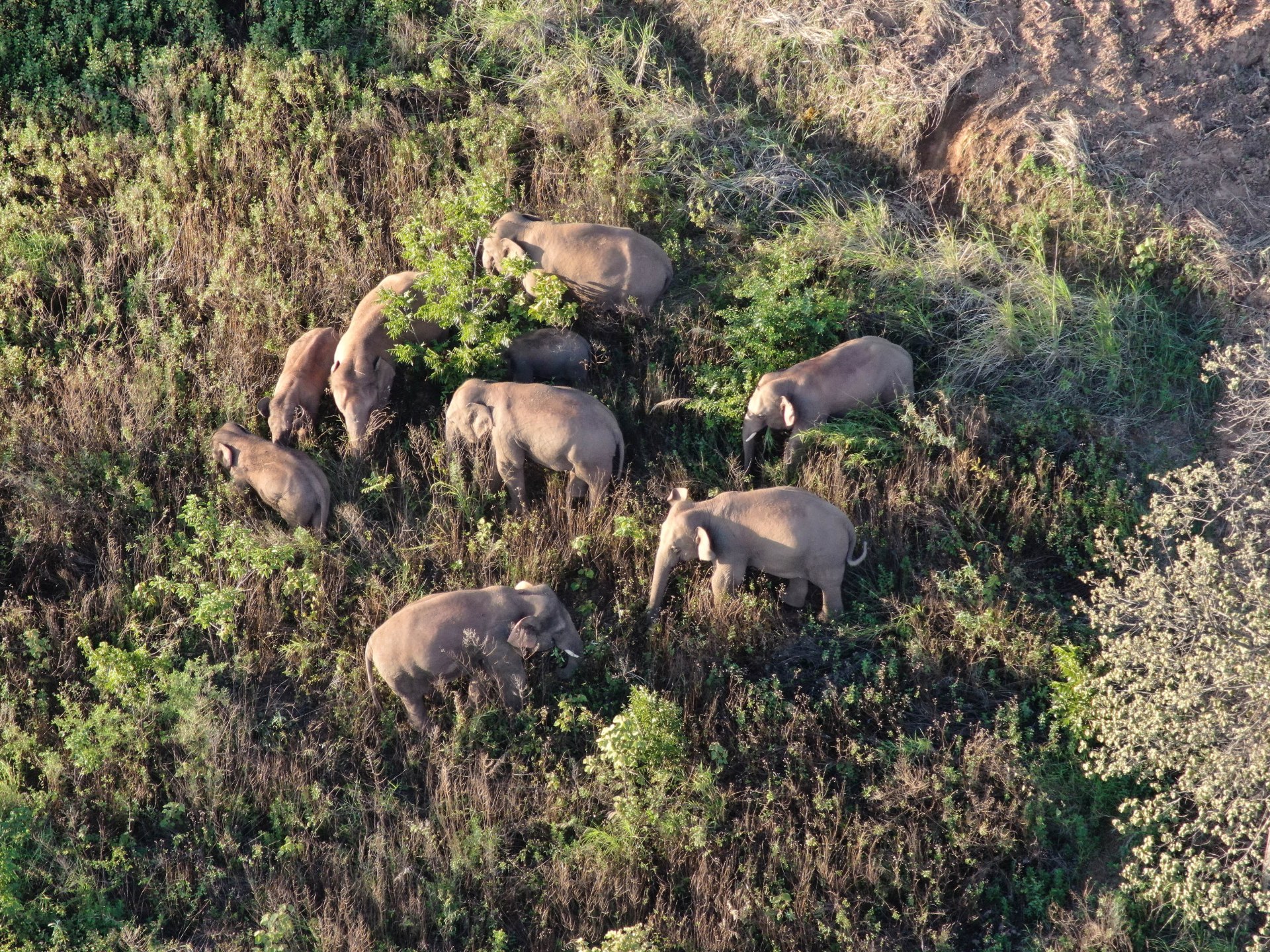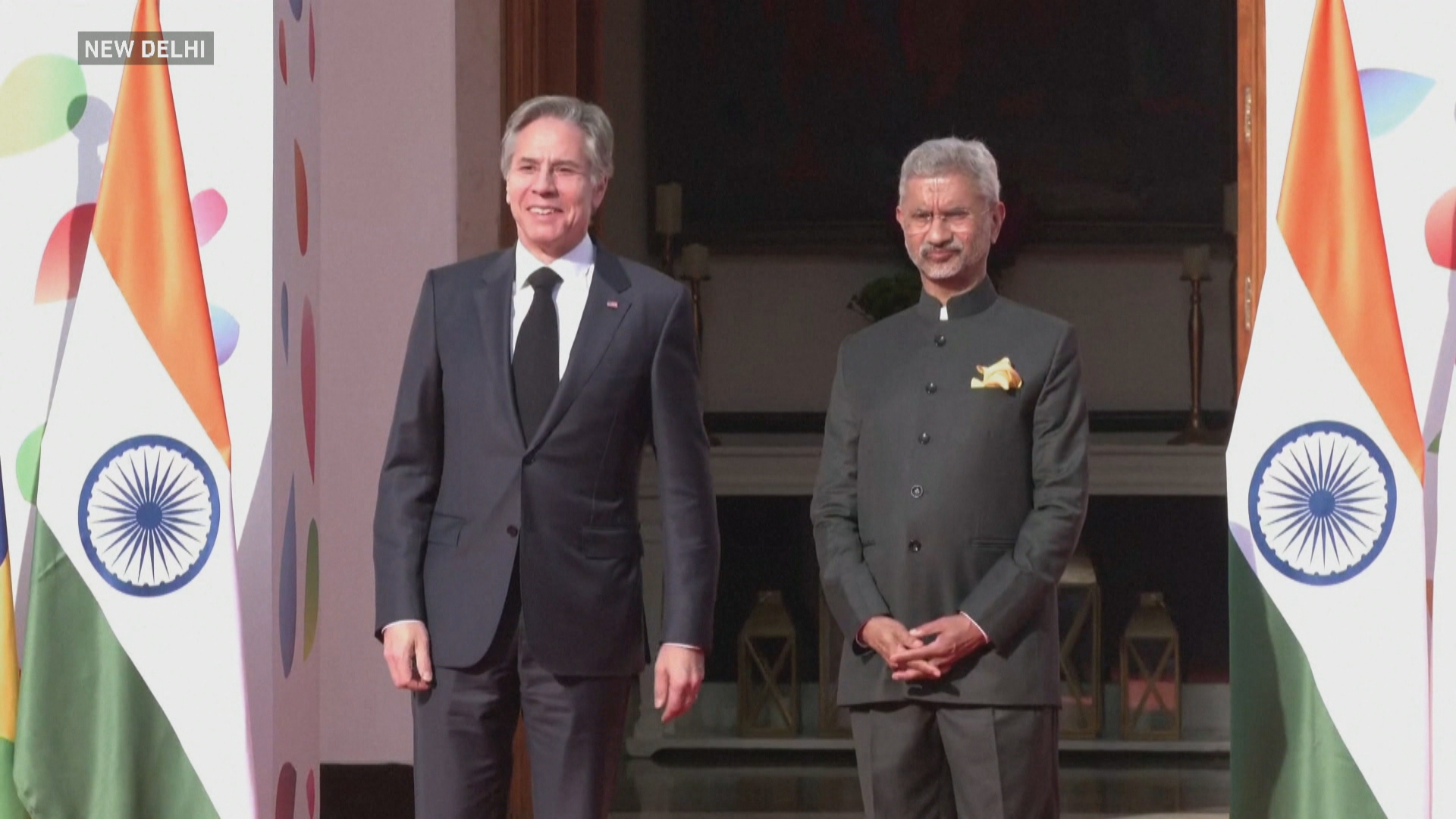Bangladesh rebel group’s offer of peace talks with gov’t welcomed | Indigenous Rights News
Dhaka, Bangladesh – An armed rebel group in Bangladesh has offered peace talks with the government in a move hailed by the experts as significant.
The United People’s Democratic Front (UPDF), based in the country’s Chittagong Hill Tracts (CHT) in the south last week submitted a 66-page peace proposal to the government through a facilitator.
The CHT, a sparsely populated hilly region of southern Bangladesh, is home to at least 13 ethnic tribal groups. In the 1980s, a large number of them formed an armed group called Shanti Bahini, demanding complete autonomy for the CHT, which borders Myanmar and northeast India.
In 1997, the then Bangladesh government led by Prime Minister Sheikh Hasina signed a peace accord with the CHT, with Shanti Bahini’s political wing, the Parbatya Chattagram Janasanghati Samity (PCJSS), ending two decades of ethnic fighting in the region.
However, a section of Shanti Bahini, mainly comprising young guerilla fighters, rejected the peace accord and formed the UPDF a year later to push for complete autonomy and self-determination of the hill people.
Since then, the CHT region had remained on the boil because of the turf war between pro-peace treaty PCJSS and the UPDF. Hundreds of members of both the groups were killed in numerous clashes over the years.
The Bangladesh government through a ministry dedicated to the CHT and its armed forces tried to hold peace talks with the UPDF on a number of occasions.
The UPDF offer for peace talks is being seen as the culmination of those efforts.
‘Our country’s sons’
Emdadul Islam, former major in the Bangladesh army who played a key role in the signing of the 1997 peace accord, was again the facilitator between the UPDF and the Bangladesh government.
“UPDF declared it on their website and Facebook page and all the agencies concerned with monitoring the CHT situation have seen it,” he said, adding that the top authorities in the Bangladesh government are aware of the peace offer.
When asked whether he has handed the proposal to CHT or home ministries, Islam said, “I haven’t done that formally yet. I will do that soon. But the government is already informed about it.”
Islam said the UPDF proposal was a “significant development” which will pave the way for further peace in the CHT region.
“They [UPDF] are our country’s sons and they have been fighting this bloody war for years. I hope the government will be able to reach towards a peace agreement with them like the way they did with PCJSS in 1997,” said Islam.
AL Jazeera reached out to the CHT ministry but the officials there said they were not aware of any peace proposal by the UPDF.
“We are not aware of UPDF proposal. If it is not come to us through formal channel, we cannot comment on it,” Hamida Begum, secretary at the ministry, told Al Jazeera.
Media reports on Monday said home minister Asaduzzaman Khan also denied receiving any formal proposal from the UPDF.
“We always want peace. We are doing everything we can to keep peace. We welcome if they come to peace talks,” Khan was quoted as saying.
Meanwhile, violent clashes between members of UPDF and PCJSS continue in different parts of CHT. Police said at least 20 members of both groups were injured in the turf war between them.
On Monday, UPDF chief Prasit Bikash Khisha wrote a letter to PCJSS chairman Jyotirindra Bodhipriya Larma, offering apology for not consulting with the PCJSS before submitting the peace proposal to the Bangladesh government.
“The demands that we made in our peace proposal were formulated keeping in mind the greater good of the hill people,” Khisha wrote in the letter, a copy of which was obtained by Al Jazeera.
“I can assure you that we also put emphasis in our proposal to implement parts of the 1997 peace accord.”
Mehedi Hasan Palash, founder of non-profit CHT Research Foundation, said the problem with the 1997 peace accord was that it was done with a faction of the CHT residents and did not represent the entire region.
“I would say that the birth of UPDF was a natural outcome of the peace accord as a large section felt their demands were not raised by the PCJSS in the 1997 accord. So they rebelled against it,” he told Al Jazeera.
Palash said the UPDF has taken an “interesting step” by approaching the government for peace talks.
“But they have to resolve their internal issues with PCJSS first. If they keep fighting with each other and cannot come under a common ground, then peace in the CHT will be a distant dream,” he said.





Pingback: h&k
Pingback: เครดิตฟรี 100
Pingback: pk789 เครดิตฟรี